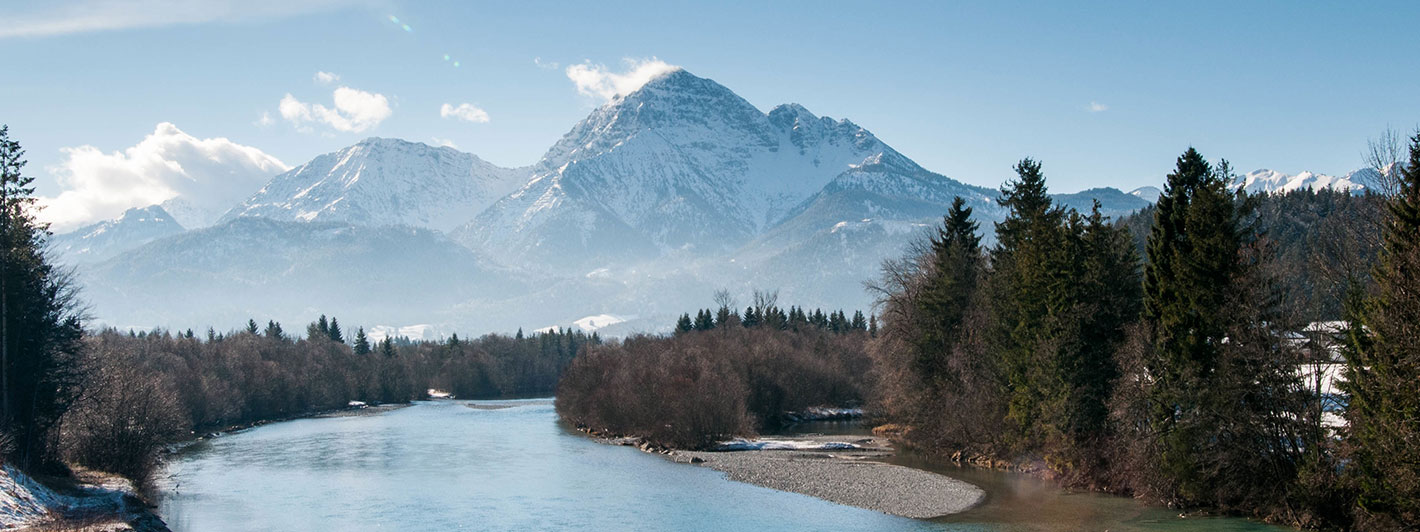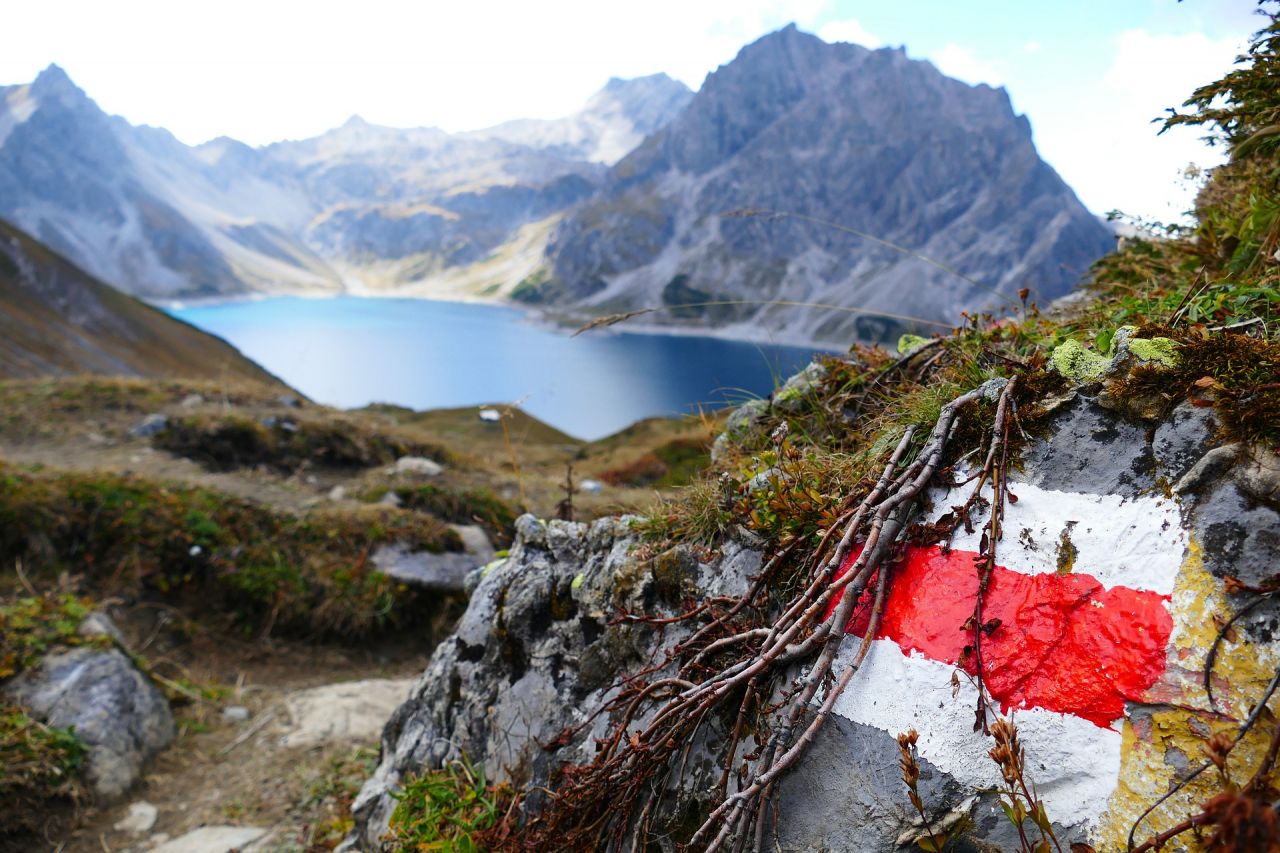Explore Citizen Science Projects
Welcome at Österreich forscht!
Here you can find everything about Citizen Science in Austria. In the future, it should be just as normal to work in a citizen science project as to be a member of an association, e. g. the voluntary fire brigade or a music ensemble. We want people to see science no longer as an elite programme, but as a process that affects all our lives, a process which is an important part of society and is worth understanding. However, the fun and enjoyment of research should not be neglected. We do not understand citizen science as an infotainment concept, but as a collaborative process through which new insights can be gained.
The dates listed here do not claim to be correct or complete. If you are aware of any dates that are not listed here, or if you discover an incorrect entry, please contact us at This email address is being protected from spambots. You need JavaScript enabled to view it.…
The programme overview for the 2026 Austrian Citizen Science Conference is now online! Take a look at the diverse and exciting programme and join us in Leoben in February 2026!
Citizen Science Am Heidjöchl
- plants
- animals
- land use
- living together
Surveying and experiencing biodiversity together On the site of the future "Am Heidjöchl" district, the City of Vienna is working with experts and citizens to survey biodiversity over the course of a whole year. These findings will be incorporated into the design of the new district. What are the aims…
Since April 2021, the BaF-Biodiversität am Friedhof project has been researching biodiversity in Austrian cemeteries in collaboration with Friedhöfe Wien GmbH, with a special focus on Vienna's cemeteries. The aim is to document biodiversity and analyse the impact of human activities on these urban habitats. This close cooperation between BOKU…
Wild Neighbours
- animals
- land use
Are swallows nesting at your house or in your stable? Have you seen a badger in the middle of town? Or do you regularly observe a kestrel in your garden? We are interested in your observations in rural settlement areas!
Open Reassembly
- history
- culture
Many archaeological artifacts today are only preserved in fragments. Reassembling these parts into their original form is therefore an important but challenging task for archaeology. Computer-assisted methods can facilitate this task or even partially solve it in some cases. However, due to the usually poor preservation of these artifacts and…
Registration for the Austrian Citizen Science Conference 2026 is now open until 3 February 2026. Visit the registration page to find out about the different rates. We look forward to seeing you there!
Join us for the next Citizen Science Seminar lecture on 10 December 2025, from 2:00 to 3:30 pm! Our guests will be Anna Wahl, Karolina Seidl and Sigrid Moick from the KoKo-Health project. You can find all the necessary information on the Österreich forscht blog. We look forward to seeing…
StadtWildTiere Vienna ("UrbanWildAnimals")
- animals
- land use
Have you ever seen a sparrow hawk in Vienna? Did a badger cross your path on your way home at night? Or do you have swallow nests at your housing complex? We are interested in your observations in Austrian cities! The project works specifically in urban areas. With the help…
In the new INCO project, young people work closely with researchers to develop ideas for social media campaigns for health promotion. They share their experiences and design first concepts. Selected campaigns are tested in experimental studies, evaluated, and thoroughly discussed with the participants.
Mammoth wasp
- animals
The mammoth wasp Megascolia maculate is the largest wasp species in Europe with a body length of up to 4.5 cm. In Austria, a few specimens of the mediterranean species were found in Vienna and Lower Austria at the end of the 19th century. Since then, there have been sporadic sightings in…
Update Social
- health
- catastrophs
- politics
- media
- economy
- language
With your ideas towards a innovative social sector for all Our society is facing numerous social challenges and the public administration, charities & social service providers, civil society and (social) enterprises are already working to solve them. In the face of increasingly complex challenges, there is a need for more…





